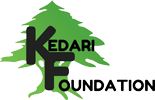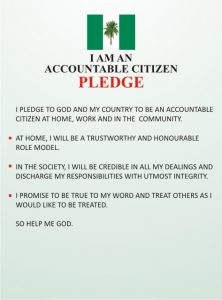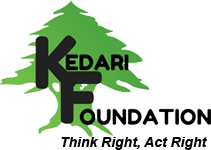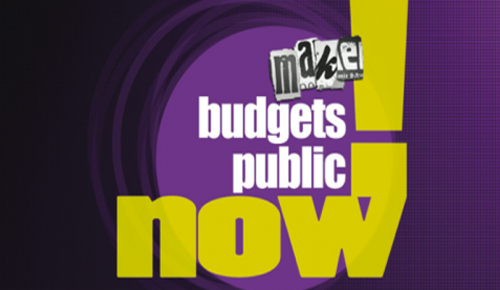Participating at a 4 day intensive meeting on ‘Enhancing Capacity of Civil Society, Parliamentarians and the Media for Budget Analysis and Advocacy for Women’s and Children’s Health; 27 -30 August 2013 in Nairobi, Kenya, provided me the opportunity to answer the questions on transparency and accountability in our health sector planning and budgetary process.
The meeting was organized by the Partnership for Maternal, Newborn and Child Health (PMNCH), World Health Organisation (WHO) and other relevant international development partners.
It aimed at building the capacity of all stakeholders to understand how to undertake health budget advocacy by providing a technical overview of the planning, costing, budgeting and expenditure tracking processes and to foster greater collaboration among stakeholders from different constituencies who influence budget processes in countries, and also to support the development of budget advocacy strategies.
Participating countries at the meeting were Kenya, Liberia, Sierra Leone, Tanzania, Uganda and Nigeria.
During one of the sessions in the meeting, I observed that it is very difficult for Nigeria’s health civil societies and media to undertake health budget advocacy because the information that will be used to understand planning, costing, and budgeting process is either inadequate or not available at all.
This bordered around the question of ‘how transparent is the system to ensure budget advocacy?
Other challenges I observed were inadequate capacity on the part of Nigeria’s health civil societies and media to engage government meaningfully in budget advocacy.
Corroborating my opinion about lack of, and/or inadequate transparency came from 3 independent sources. The first was the published Open Budget Survey 2012 by International Budget Partnership. The survey measures the state of budget transparency, participation, and oversight in countries around the world. It finds that the state of budget transparency and accountability is generally in dismal. Only a minority of governments publishes significant budget information.
Nigeria was scored 16{cd9c5c6eae53d4a3ba276664bacaa66954c91da2200e6f35264313caf9807b49} in Open Budget Index, which implied scant or no information.
The second source was a qualitative study by Evidence for Action Project tagged ‘2012/13 Assessment of Politics, Power & Perceptions (PPP) and Data for Decision-making (DDM) in Nigeria. Under the Transparency section, the score was 23{cd9c5c6eae53d4a3ba276664bacaa66954c91da2200e6f35264313caf9807b49}, with respondents giving the low scores to the ease of accessing information on national health budget, on Maternal and Health Budget (MNH) budget and on MNH outcomes at state and LGA level.
The third source was the Nigeria Accountability Framework, a tool for assessing and planning implementation of the country’s accountability framework for health with a focus on women’s and children’s health.
At a national workshop in Abuja in April 2013, under the thematic area of ‘Monitoring resources’ with a focus on national health account (NHA), all the questions were scored low. It revealed that Nigeria NHA team serves as the steering committee for NHA but it lacked involvement of local and national NGOs.
It also observed that there is an officially approved NHA framework with formal governance mechanism/committee and coordinated by Federal Ministry of Health however the committee functions in an ad hoc manner with no clear system and budget line to support tracking of expenditure at all levels. The Overall score was 41{cd9c5c6eae53d4a3ba276664bacaa66954c91da2200e6f35264313caf9807b49}.
“Transparency, as used in science, engineering, business, the humanities and in a social context more generally, implies openness, communication, and accountability. Transparency is operating in such a way that it is easy for others to see what actions are performed.”
“Accountability means ensuring that officials in public, private and voluntary organisations are answerable for their actions and that there is redress when duties and commitments are not met.”
When I asked many civil societies and media ‘how many of you know about national health account and how it can be use for expenditure tracking and advocacy’? Over 90{cd9c5c6eae53d4a3ba276664bacaa66954c91da2200e6f35264313caf9807b49} of them responded with ‘NO’.
W.H.O observes that “health financing policy requires decisions on how to raise funds, how to pool them, and how to use them equitably and efficiently.
Informed decision-making requires reliable information on the quantity of financial resources used for health, their sources and the way they are used.
National Health Accounts (NHA) provides evidence to monitor trends in health spending for all sectors- public and private, different health care activities, providers, diseases, population groups and regions in a country. It helps in developing national strategies for effective health financing and in raising additional funds for health.”
We should not also lose sight that in September 2010, in an effort to accelerate progress, the Secretary-General of the United Nations launched the Global Strategy for Women’s and Children’s Health. The main goal of the strategy is to save 16 million lives by 2015 in the world’s 49 poorest countries.
In line with that, a Commission on Information and Accountability for Women’s and Children’s Health was established that was built on the fundamental human right of every woman and child to the highest attainable standard of health and on the critical importance of achieving equity in health.
The accountability framework covers national and global levels and comprises three interconnected processes – monitor, review and act – aimed at learning and continuous improvement.
If Nigeria is to achieve transparency that will lead to better tracking of resources and better oversight of results and resources, we have the onerous task of enhancing the capacity of civil societies, media and parliamentarians to meaningfully engage government in health budgetary process, planning and implementation.
Article written on Mamaye by Aminu Magashi Garba.






Leave a Reply